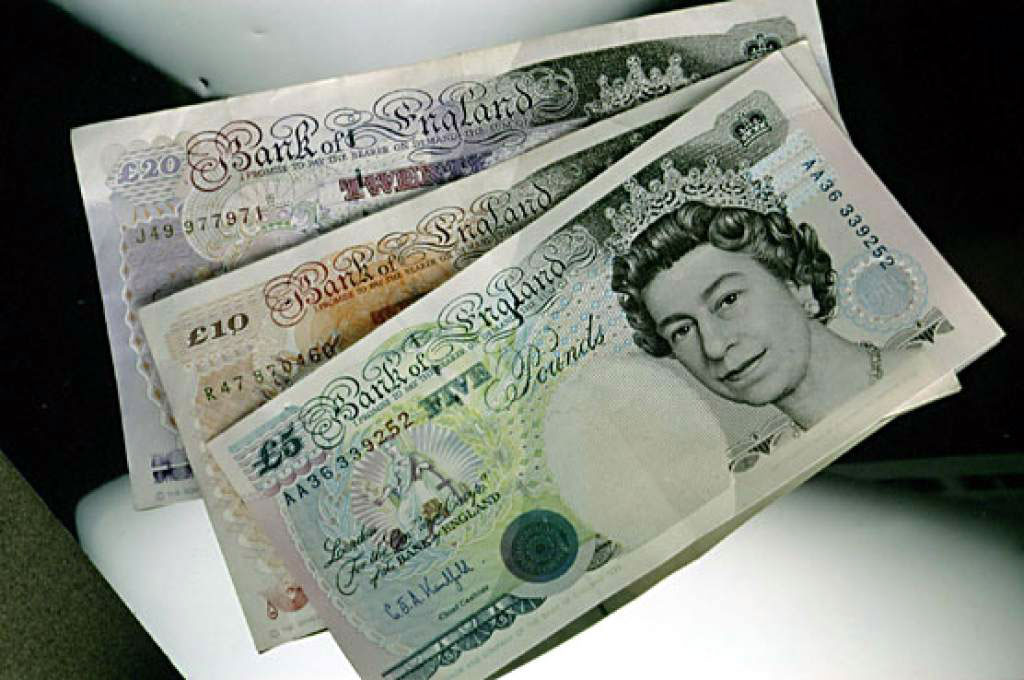 LONDON: The British pound rebounded on Thursday after stronger-than-expected retail sales numbers and as the currency found some support from a vote by lawmakers to make it harder for the next prime minister to try to force a no-deal Brexit.
LONDON: The British pound rebounded on Thursday after stronger-than-expected retail sales numbers and as the currency found some support from a vote by lawmakers to make it harder for the next prime minister to try to force a no-deal Brexit.
British lawmakers approved the final wording of the plan, although an already stronger sterling was little moved.
Boris Johnson, the favourite to succeed Prime Minister Theresa May, has said Britain must leave the European Union on Oct. 31 with or without a deal and has refused to rule out suspending parliament to prevent lawmakers from trying to block his exit plan.
That has rattled investors who fear a government under Johnson would increase the risk of a no-deal Brexit, and this week they dumped sterling.
The pound dropped to a 27-month low against the dollar and a 6-month low versus the euro.
But on Thursday the currency recovered some of those losses, with traders who had bet against it taking some profits.
Explaining sterling's strength, analysts also cited media reports which said EU chief negotiator Michel Barnier was open to alternative border plans for Ireland. The Irish prime minister said he was willing to listen to alternative plans.
Other analysts said the outlook for the currency remained gloomy, however.
"We see limited upside potential for the GBP while no-deal Brexit risks remain elevated," Scotiabank analysts said in a research note.
RETAIL REBOUND
Official data showing British retail sales rebounded unexpectedly in June, rising 1pc over the previous month, helped with the recovery.
A Reuters poll of economists had forecast a month-on-month retail sales contraction of -0.3pc.
Several economists have predicted the UK economy shrank in the second quarter but the strong retail sales numbers may raise hopes that the economy kept growing.
Compared with June 2018, sales were up by 3.8pc, stronger than all forecasts.
"Whist GBP's recent underperformance is mostly related to a rising political risk premium, weak economic data have also played their part (our UK economic surprise index has swung from strongly positive to strongly negative, -50 currently, over the last couple of weeks)," said Adam Cole, strategist at RBC Capital Markets.
The pound rose 0.5pc to as high as $1.2494 before slipping to $1.2475 by 1310 GMT.
That helped the currency move further away from the 27-month low of $1.2382 hit on Wednesday.
Against the euro, sterling rose as much as 0.5pc to 89.795 pence. It had hit a six-month low of 90.51 pence on Wednesday.




















Comments
Comments are closed.